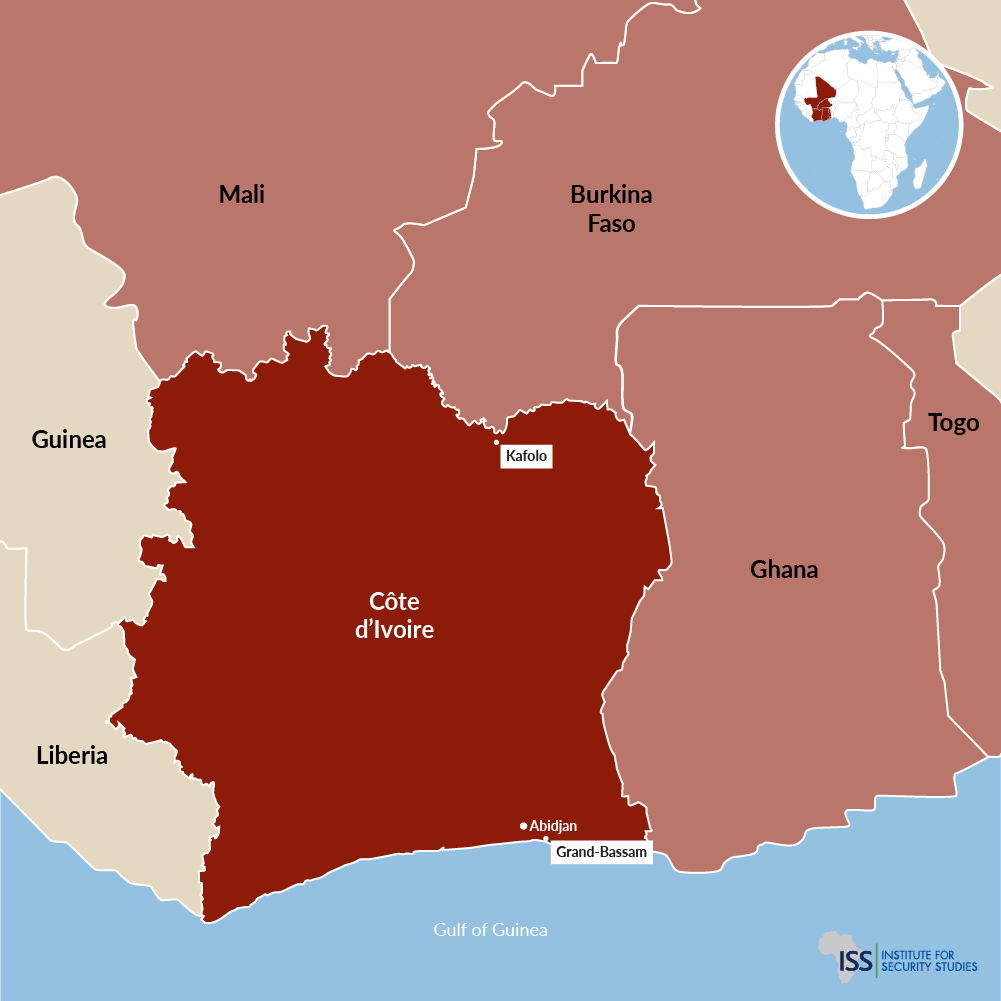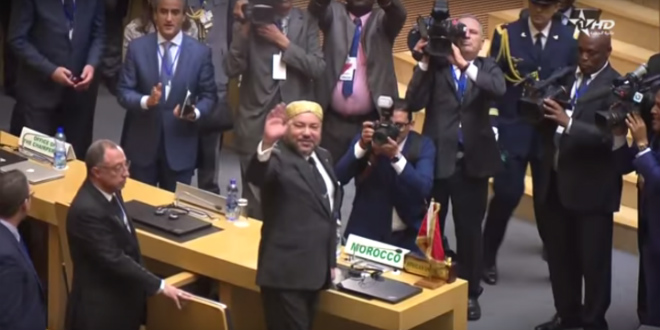Border communities in northern Côte d’Ivoire find themselves increasingly vulnerable as counterterrorism funding crucial to preventing extremist expansion has been suspended. The $20 million US-funded initiative, which supported dozens of villages like Kimbirila-Nord, looking like a front line of the global fight against extremism, has ended amid sweeping foreign aid cuts, leaving residents concerned about security.
After jihadis attacked a nearby community in Mali five years ago and set up a base in a forest straddling the border, the U.S. committed to spending $20 million to counter the spread of al-Qaida and the Islamic State group there and in dozens of other villages.
These Ivorian communities sit at the frontier of violence that has engulfed neighboring Sahel countries, and as violence in the region reaches record levels, tens of thousands of refugees have fled into northern Côte d’Ivoire, heightening concerns about instability.
“What attracts young people to extremism is poverty and hunger,” explains Yacouba Doumbia, 78-year-old chief of Kimbirila-Nord. “The project came at the right time and allowed us to protect ourselves.”
The $20 million initiative provided youth job training, created cattle grazing parks to prevent livestock theft by militants, and established information-sharing systems allowing residents to report violent incidents to each other and authorities. It also funded community radio networks in local languages and mobile government services helping thousands obtain identity documents.
This comprehensive approach addressed the root causes driving extremist recruitment, including competition for resources, marginalization, and lack of economic opportunities. The program built community resilience in an area where people freely cross borders, ethnic tensions simmer, and government services remain limited.
West Africa has experienced growing extremist activity over the past decade, with groups linked to al-Qaida and Islamic State conquering large areas in the Sahel and gradually spreading toward wealthier coastal states. Côte d’Ivoire became a known target following a 2016 attack on a seaside resort that killed tourists.
“If you forget, they will come back,” warns Chief Doumbia. “As long as there is war across the border, we must remain on high alert.”



